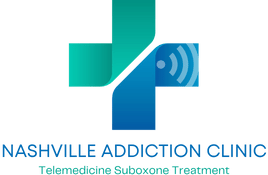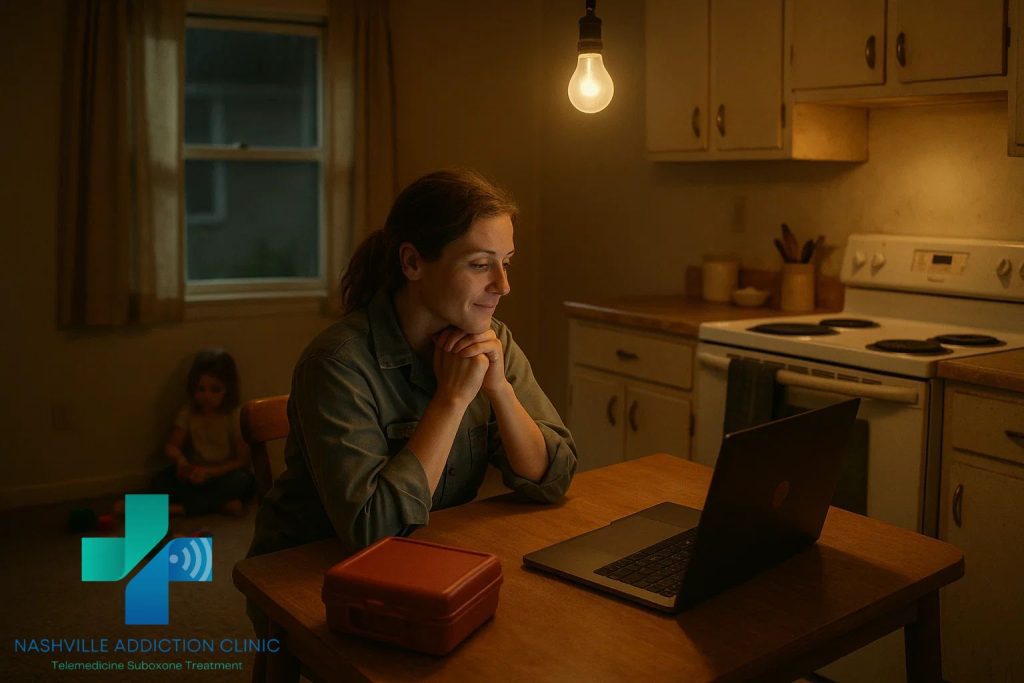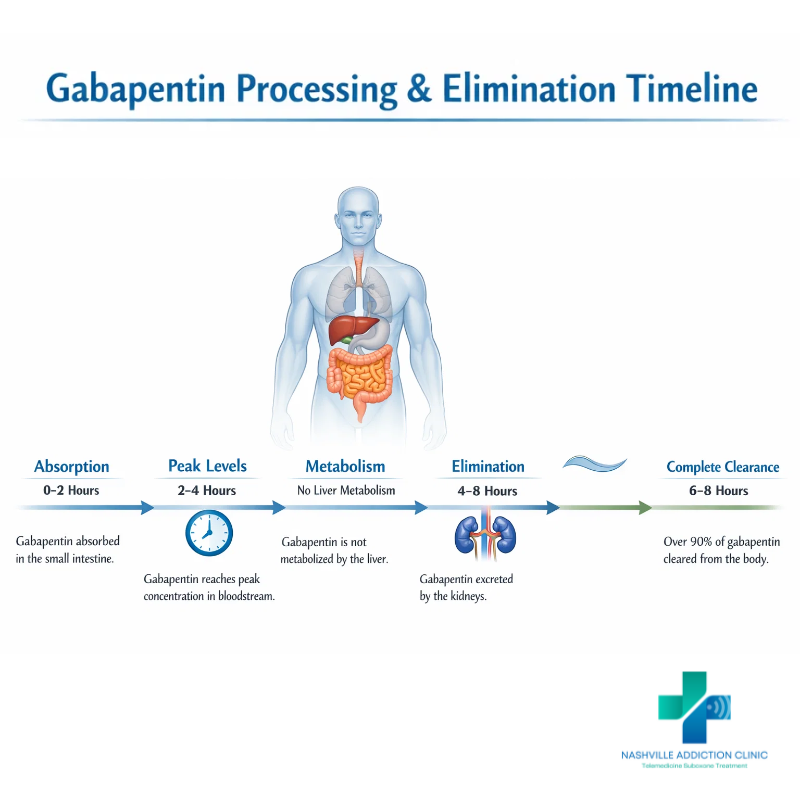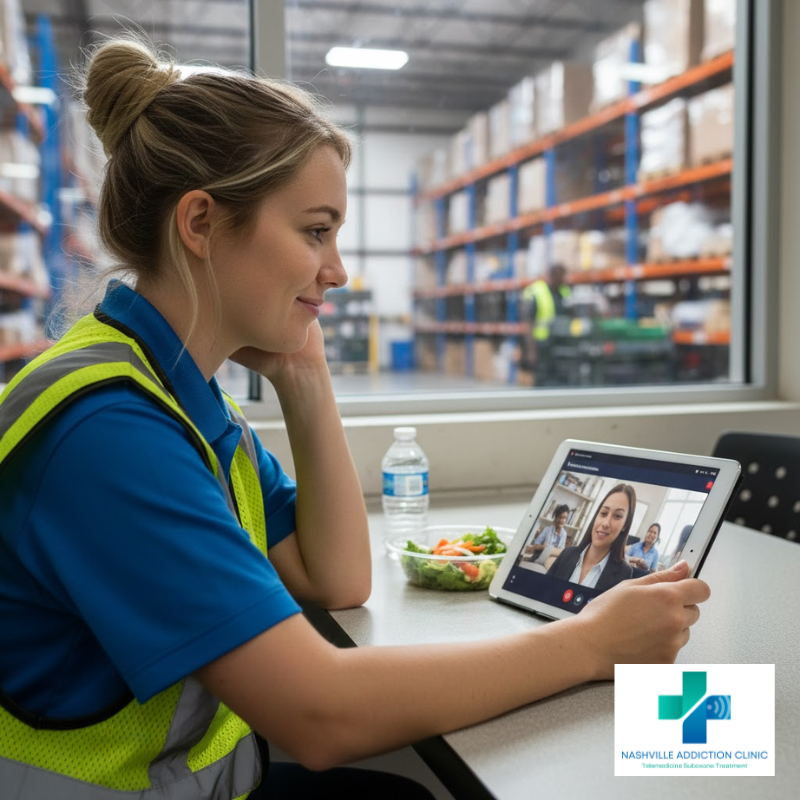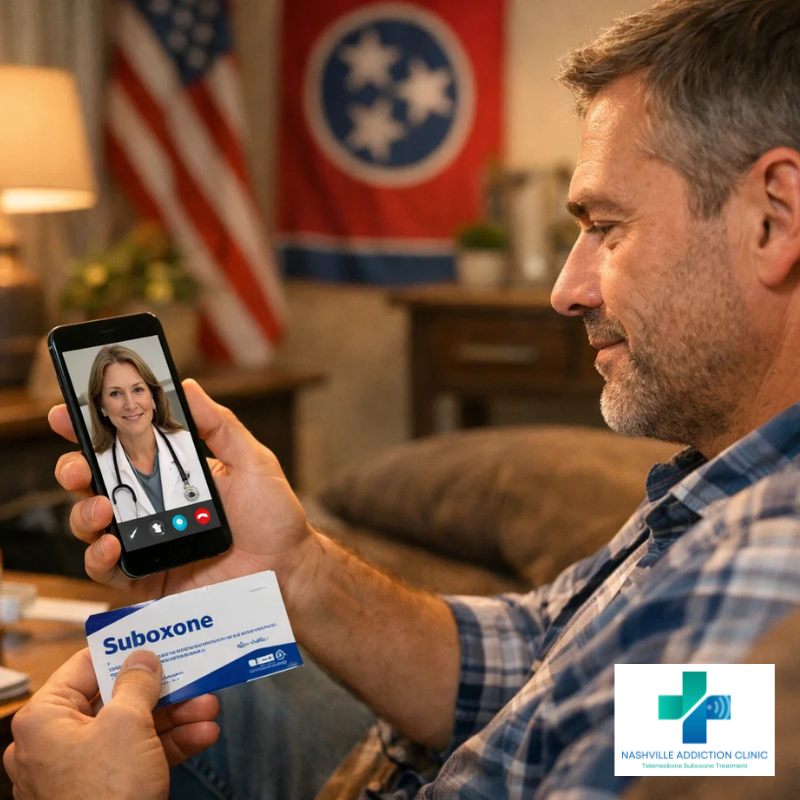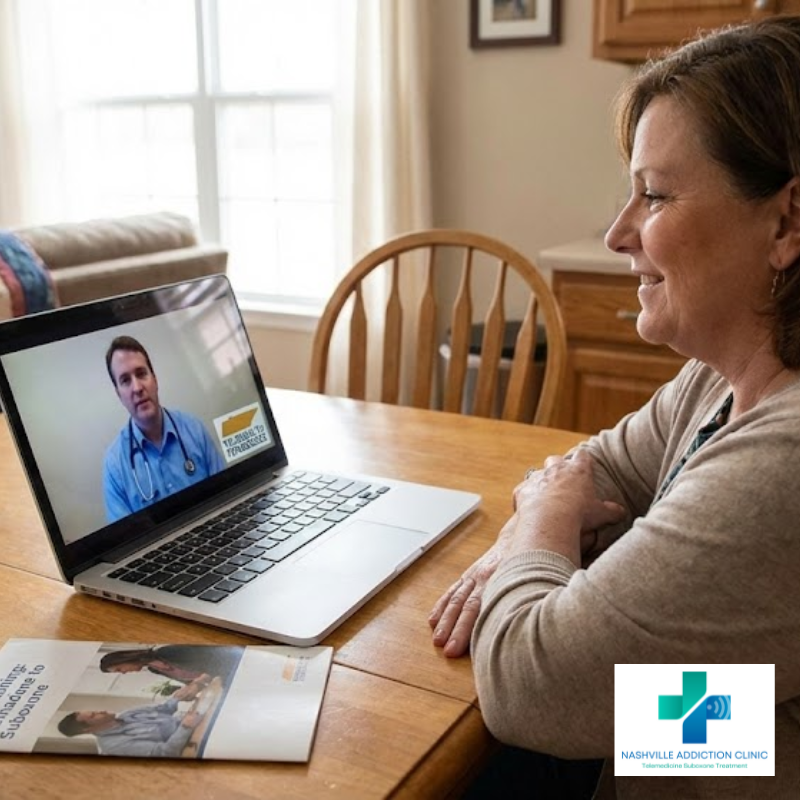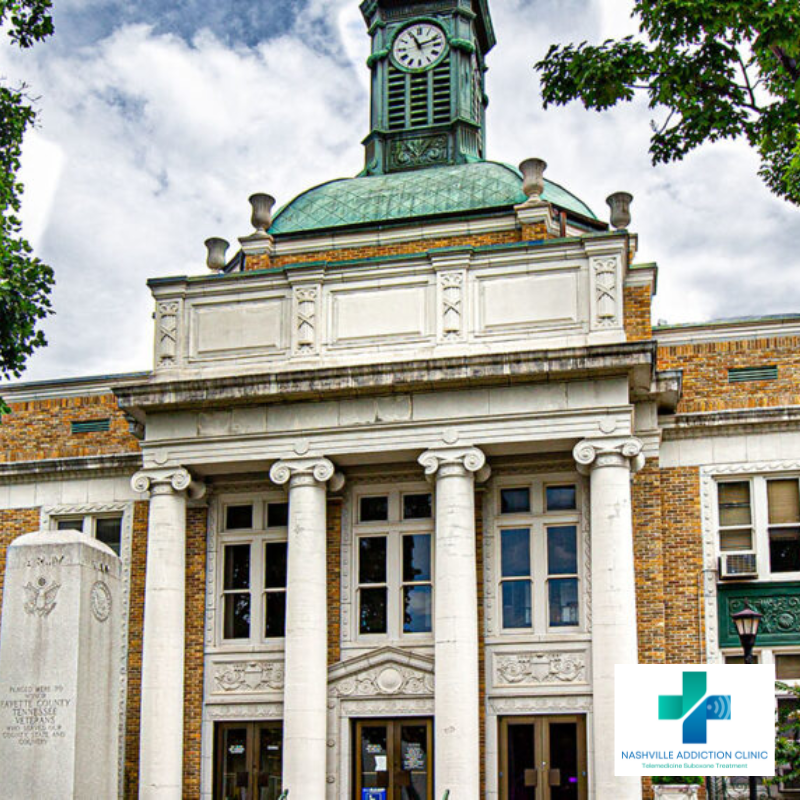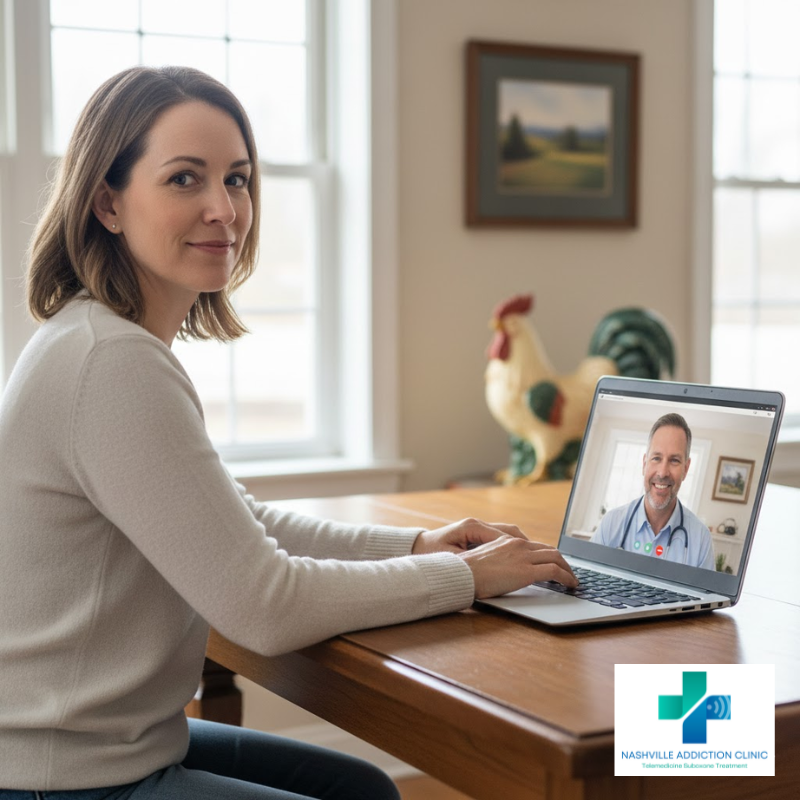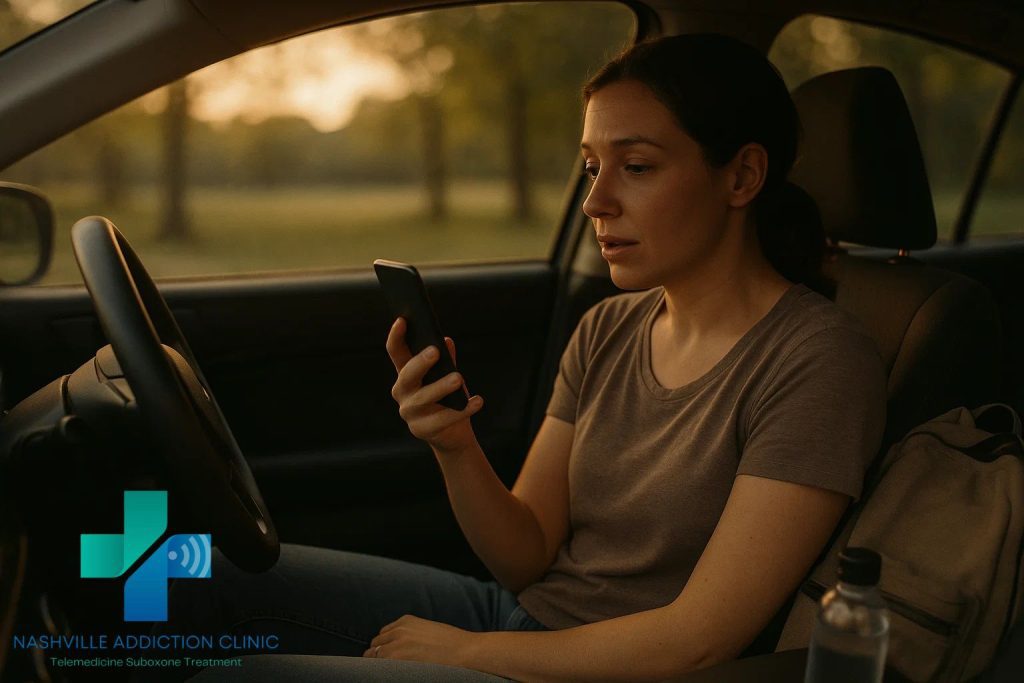Inside the Mind of an Opioid Addict
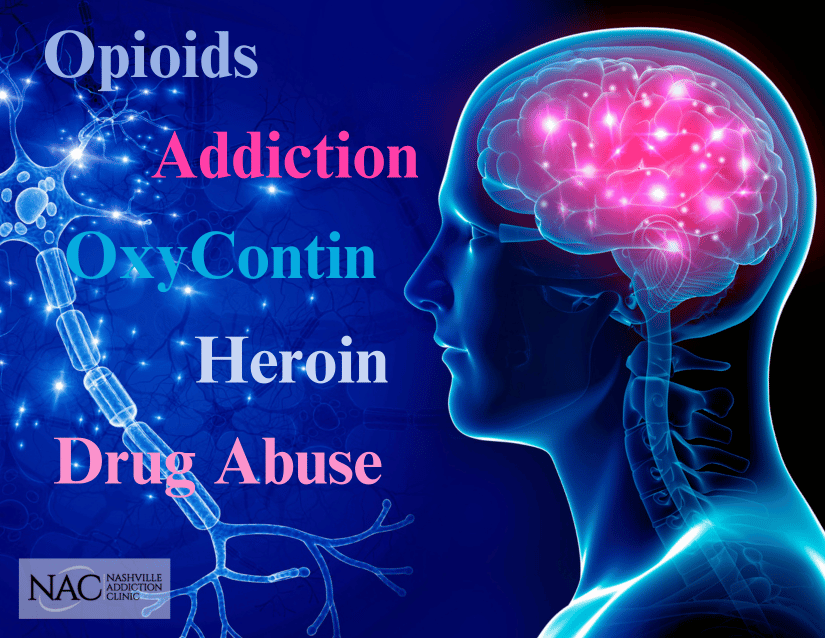
This article is for anyone who is currently dealing with an opioid addict. Perhaps you’re living with someone who recently became addicted to opioids. Maybe he or she is a loved one such as a spouse, child or parent. Or, maybe they’re just a friend. Regardless, it can be heartbreaking to witness someone deteriorate who’s become addicted to opioids. Just trying to understand nonsensical, unpredictable behaviors can be exhausting, baffling, infuriating and saddening, all at the same time.
This article is for anyone who is currently dealing with an opioid addict who wants to better understand who and what they’re dealing with.
I was a daily opioid abuser for over 13 years.
What started out as a simple and safe solution for minor lower back pain became a full-blown opioid addiction that overran my life for over thirteen years. While I didn’t notice the changes that were happening in me over time, my family and friends sure did. Especially those who saw me occasionally, such as once a year events like family holiday get togethers.
Being the addict myself I was sure I had everyone fooled. Even fooling those who were closest to me like my wife at the time. For a time anyway, she was convinced I had extreme back pain and needed relief. I think I even bought into it. While no one new the source of my newfound back pain everyone became sensitive to it, even understanding that prescription OxyContin and oxycodone pills were a requirement for stabilizing my pain and improving my quality of life. They had no idea.
I even had family members give me pills like hydrocodone, oxycodone and Percocet on many occasions, all believing they were helping me, even doing me a favor. Surprisingly, even friends and family who figured out I was addicted still gave me their sympathy, unsure if the pain pills were a requirement of extreme back pain or perhaps just to satisfy an extreme drug habit.
You can’t save an opioid addict. Only they can.
I am genuinely sorry to say that you can’t save an addict. Only the addict can save themselves. I had countless people talk to me, prod me, even beg me to go into treatment. An addict at least has to be a place where they’re sick and tired of being sick and tired to get results from treatment. If they’re not ready, it probably isn’t going to work.
Even my pharmacist (whom I later got to know in group recovery meetings) tried to talk some sense into me. I remember clearly the day I went to pick up my oxycodone and OxyContin cocktail, having run out two days earlier and having to wait until the script could be filled again. I was in full withdrawal and he knew it. He looked at me differently that day. He looked at me as if he knew I was an addict, not just a patient coming to get their pills. How did he know I was an opioid addict? He’d been there himself.
“You don’t have to suffer like this…”
My pharmacist met me at the counter and held my pills back for a moment to get my attention. He definitely had it because all I could think about was crushing and snorting 30-40mg of oxycodone right there on the counter. He leaned over the counter and quietly said to me, “You don’t have to suffer like this”. I knew then that he knew.
I pretended to listen as he spoke for a minute or two. I could hear him, but nothing registered. I just wanted my f’ing pills. I shook my head repeatedly, pretending to acknowledge his wisdom and suggestions. I don’t actually remember anything else he said that day. Eventually, he figured out I didn’t give a sh$t about his advice knew I just wanted my pills. I left in a hurry and never went back. Years later I would meet him again in a group recovery meeting only this time having a clear head. We had a great discussion about the day he tried to talk to me. He knew he couldn’t reach me that day, but he was still caring enough to try to plant a seed.
Addiction runs in my family
In the year 2000 my oldest brother became extremely addicted to OxyContin. Just like me, he had some lower back pain and wanted relief. He found it all right. He found relief and then found a way to manipulate the pharmacy system like no one else could back then. Keep in mind, this was in a time where getting prescriptions from multiple doctors was much easier. The central databases for controlled substances wasn’t yet in-play like it is now.
Drug of choice
My brother was an addict his whole life moving from one drug to another. Cocaine, alcohol, weed, etc. But, when he found OxyContin he found his drug of choice, and that changed everything.
I remember family members congratulating him for quitting drinking. What none of us knew was the reason he quit drinking. He quit his daily habit of drinking 12-16 beers only because it interfered with his OxyContin euphoric buzz. Beer, coke, and anything else he liked were now old news. The only thing that mattered was feeling like a superhero, which only opioids could do for him.
Like mine, his drug habit had started in 2000. However, his habit escalated like a rocket. He became a full-time drug user in only 12 months. He quit his job and spent his life savings sitting at home snorting OxyContin and oxycodone pills. He treated it like a job. He’d wake, check his inventory, make a cup of coffee and start crushing his daily allotment. He’d put it in a metal tin and visit it for a snort about every thirty minutes until bedtime.
He kept his apartment spotless. How? Because he had nothing else to do but clean all day, every day. Other than cleaning, he spent the remainder of his life getting pills from multiple doctors, buying pills on the street and rotting away alone in a one-bedroom apartment. Prior to becoming a full-time addict he’d been father of the year to his two teenage sons, a great husband to his wife of 20 years, and one of the hardest-working people I’ve ever known.
Opioids ruined him. Destroyed him. Once he found his drug of choice he stopped caring about anything else in his life. He lost everything including his 30+ year landscape company, his home, his wife, his two sons, and his will to do anything except get high. By the end after being evicted, he was living in the basement of one of his oldest lawn clients. In August 2005 we received a call from her and were told he had passed away from drug overdose. That was it. He was gone, leaving a gap in the family tree that will never be filled.
“Opioid addicts aren’t bad people. They are sick people who are trying to get well.”
You’d think that would have stopped me, right? Nope. I remember taking pills in the funeral home the day we chose his casket. I genuinely believed I was different. Afterall, I had my addiction under control and would never go down the path my brother did.
Recovery means helping others
The one good thing that came from my 13-year addiction to opioids is the ability to help others who suffer from opioid addiction. Being addicted to opioids was both the worst thing that ever happened to me and the best. I now have the responsibility of helping people who get addicted to opioids and helping the family and friends of those who get addicted. As a result, my life now has purpose like never before. Maybe the first clue that I’d be helping other addicts was realizing most of the inpatient treatment staff were recovering addicts and alcoholics. That said, it is extremely rewarding to help someone overcome opioid addiction and it never gets old.
If you’re dealing with an addict, then you’re probably scratching your head wondering, “what the hell is wrong with this person?” If you have a friend, son, daughter, husband or wife who’s addicted to opioids there’s something you first need to know:
You’re talking to the drugs
When dealing with an opioid addict you’re not dealing with the person. You’re dealing directly with the drugs.
An opioid addict does not think or act like a normal person does. No, no. The drugs are doing most of the thinking and decision-making. The drugs are such a priority they become the only priority. There are also different types of drug users, which can lead to different styles of thinking.
- Prescription Pill Abuser
It’s all about inventory. They will spend the day either chasing pills or counting them. They will do most anything to get more pills, including hurt the people they love most. There are no boundaries when wanting or needing more pills. And, there’s never enough pills. - Heroin User
Many people start out by snorting heroin after running out of money to buy pills. At first they can’t possibly imagine putting a needle in their arm or between their toes just to satisfy their habit. Eventually, many will turn to injecting heroin out of necessity. Injecting heroin means “instant gratification” and “the most efficient use of the drug”. Heroin users typically buy drugs frequently since they don’t have a pharmacy doling out a 30-day supply every month. They will typically leave home often in order to score. - Mixed, Hard Drug User
This may someone who is trying to escape life, maybe due to trauma or emotional pain. They mix meth, cocaine, benzodiazepines and anything else that will get them high as a method of escaping the emotions of life. There’s really no pattern here other than get drugs as often as possible.
Why do people abuse opioids?
There are some who get addicted purely at the recommendation of a physician who perhaps didn’t know better before the opioid epidemic. This is partially due to certain pharmaceutical companies who mismarketed their opioid drugs as “virtually non-addictive”. Maybe it was post-surgical pain or chronic back pain. Regardless, all opioids lose their effectiveness over time and require a higher dose. At the end of my drug career I was taking 240 mg of oxycodone daily – enough to kill a horse.
Others get addicted due to being a recreational drug user. In short, they like to get high and contrinue feeding their need to feel good. The euphoria opioids provide can be heavenly.
Euphoria definition: “A false sense of wellbeing“.
Something most every addict has in common is wanting to escape. Maybe it’s trauma, emotional pain, a breakup, a rough childhood, etc. Drugs become the exit button when life gets tough. The more drug you use, the tougher life gets. Eventually you’re taking more and more drugs just to feel like you can cope with day to day living. It’s a slippery slope for sure.
From dawn to An opioid addict is not thinking with their normal brain. The drugs are doing most of the thinking. Not all the time, but much of it. The drugs become the ultimate priority, especially after someone experiences opioid withdrawals. They’ll literally do most anything to avoid them including lying, cheating and stealing from the people they love most.
While you can’t change an addict, you can support them with love.
An addict typically won’t seek help when they have drugs. It’s often when they run out and can’t see finding drugs in the near future that they have moments of clarity. During these moments of clarity (along with experiencing opioid withdrawals) can be a golden moment to suggest treatment. I sought treatment for that very reason – I knew I was about to experience weeks of opioid withdrawals and had no other solutions. The drugs wore down, I had moments of clarity and slowly became ready to make a change. That was ten years ago and I have no plans to go back.
Know someone who needs addiction treatment, click here.
